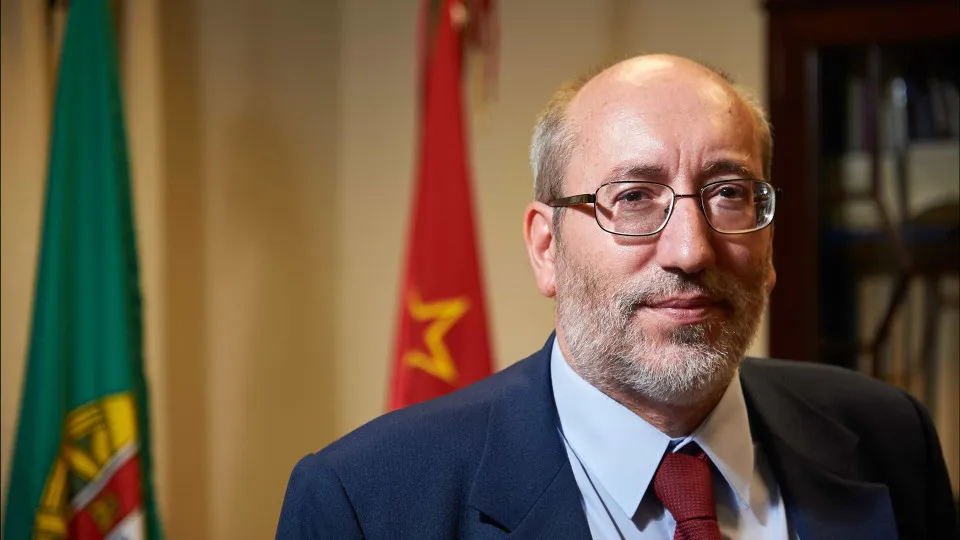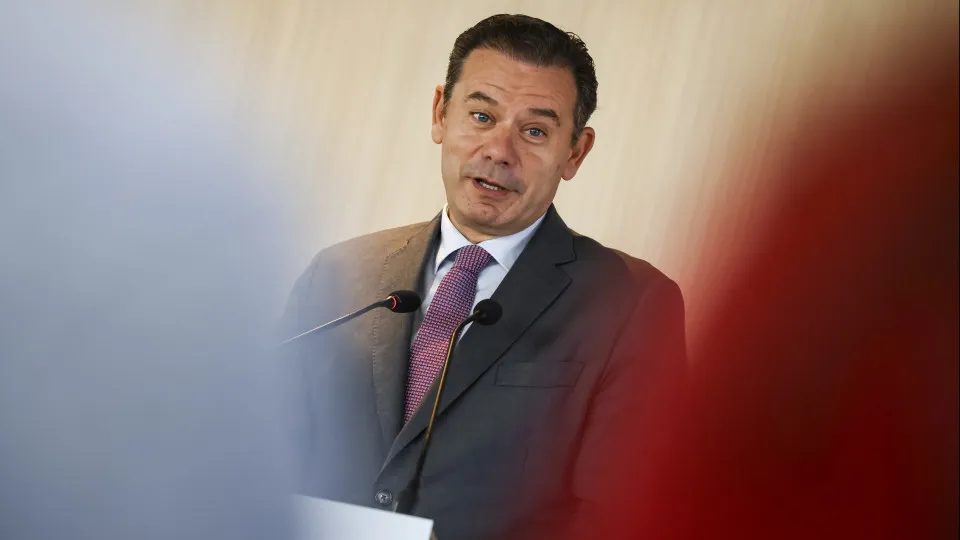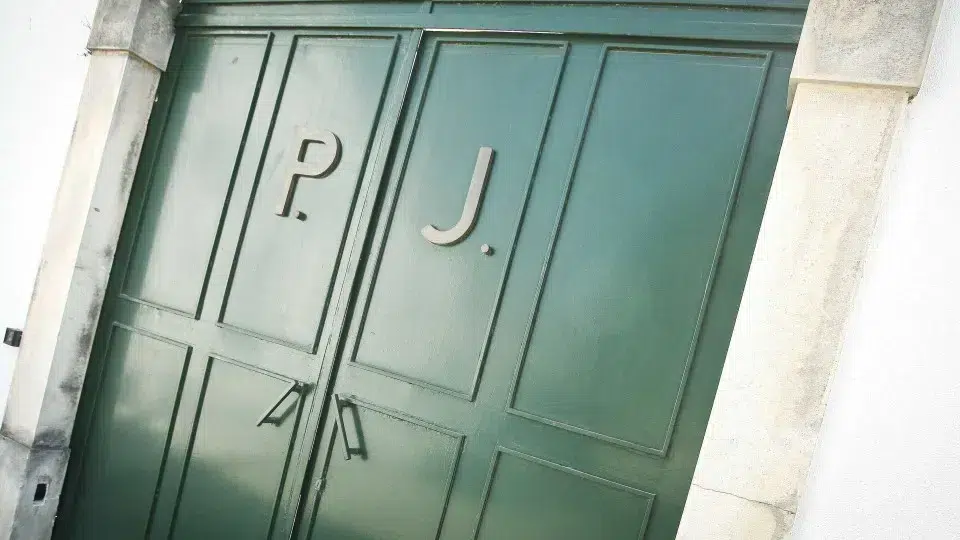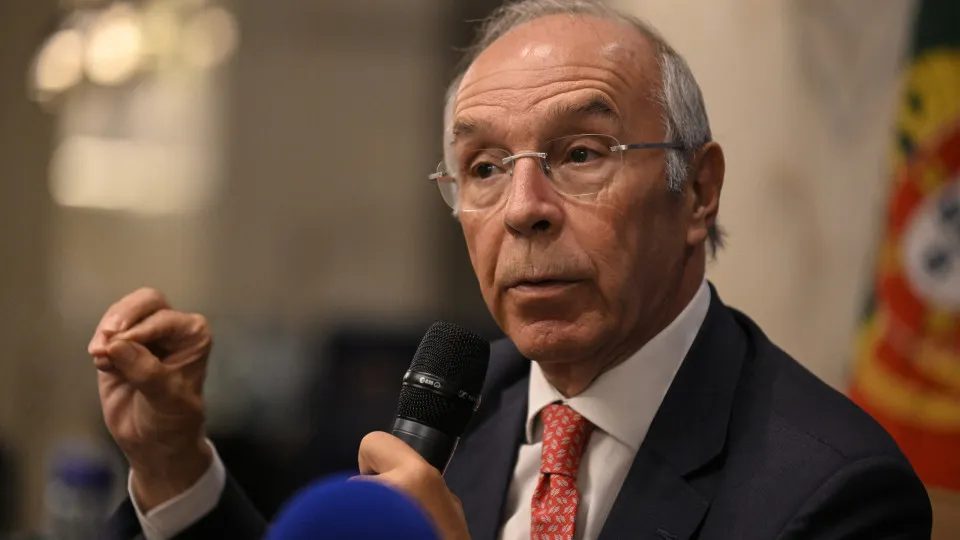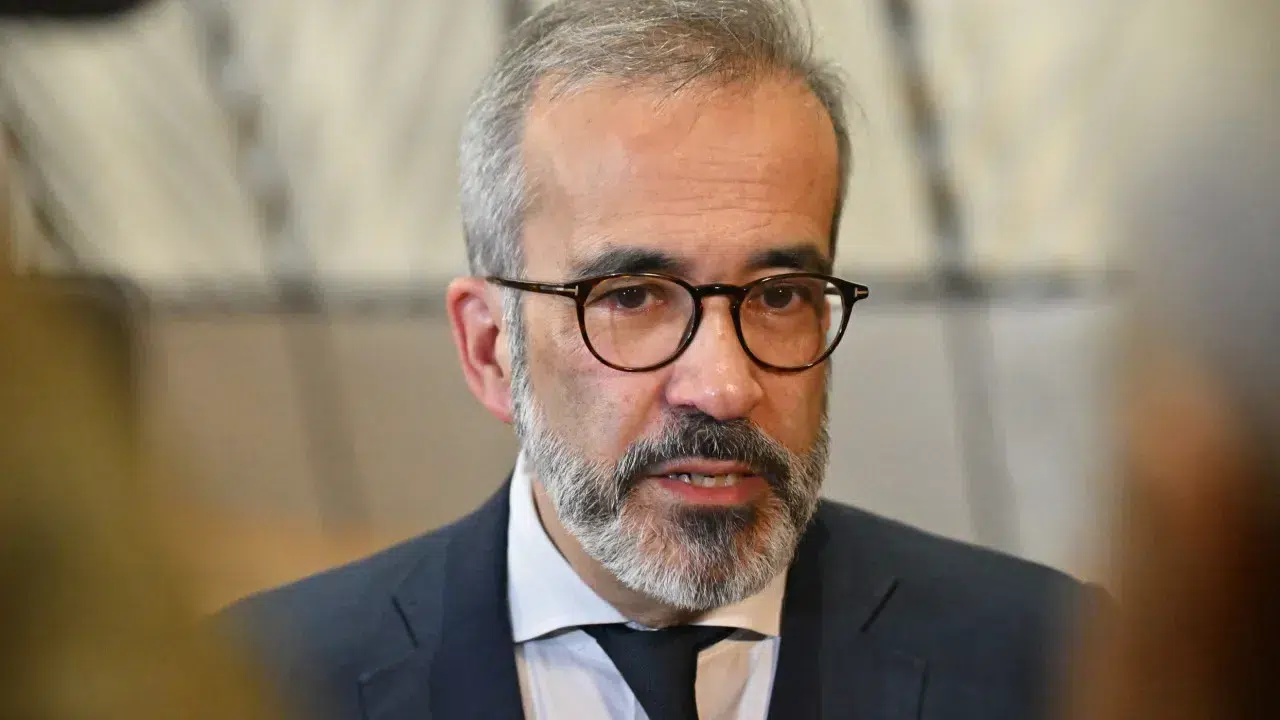
The Portuguese Ministry of Foreign Affairs has announced that it will communicate its stance through appropriate diplomatic channels to the Angolan authorities. “Portugal profoundly respects freedom of the press and, therefore, seriously regrets the situation that occurred with RTP in Luanda,” stated the ministry led by Paulo Rangel.
On Wednesday, RTP expressed “deep concern and vehement repudiation” regarding the “expulsion of the team” dispatched to cover an event at the Angolan Presidency headquarters in Luanda. This sentiment was conveyed in a Protest Note sent to the Angolan Presidency and Government.
In this Protest Note, the Information Directors of RTP, António José Teixeira, RDP’s Mário Galego, and RTP África’s Director, Isabel Silva Costa, expressed “deep concern and vehement repudiation” over the “arbitrary expulsion of the Portuguese public broadcaster RTP’s team, assigned at the Palácio da Cidade Alta for the coverage of an official presidential meeting.”
“Despite being properly accredited and engaging in their legitimate journalistic role, RTP professionals were removed from the press room, in a selective and discriminatory action that contrasts with the continued presence of other journalists,” the Protest Note indicated.
The editorial heads at the Portuguese public broadcaster consider the Angolan authorities’ actions “an attack on press freedom and a blatant violation of fundamental journalism and democratic principles.”
“RTP was also excluded from the WhatsApp group of the Presidential Press Center — the official means for disseminating the institutional agenda to accredited media outlets,” in Angola, the Protest Note continued.
RTP views the Angolan Presidency’s decision to bar its professionals from official events as “an unacceptable attempt to silence freedom of expression in a country supposedly committed to democratic values.”
The editorial leaders of RTP reiterated their solidarity with their professionals and demanded “full respect for journalists’ rights, the restoration of working conditions,” as well as “an end to political exclusion practices in accessing public interest information.”
The incident, which happened on Monday, also drew condemnation from both Portuguese and Angolan journalists’ unions. The Angolan Journalists Union urged the Press Office of the Republic of Angola’s Presidency to “apologize and reverse the measure.”
Lusa sought a response from the Angolan Presidency, but no reply has been received so far.

